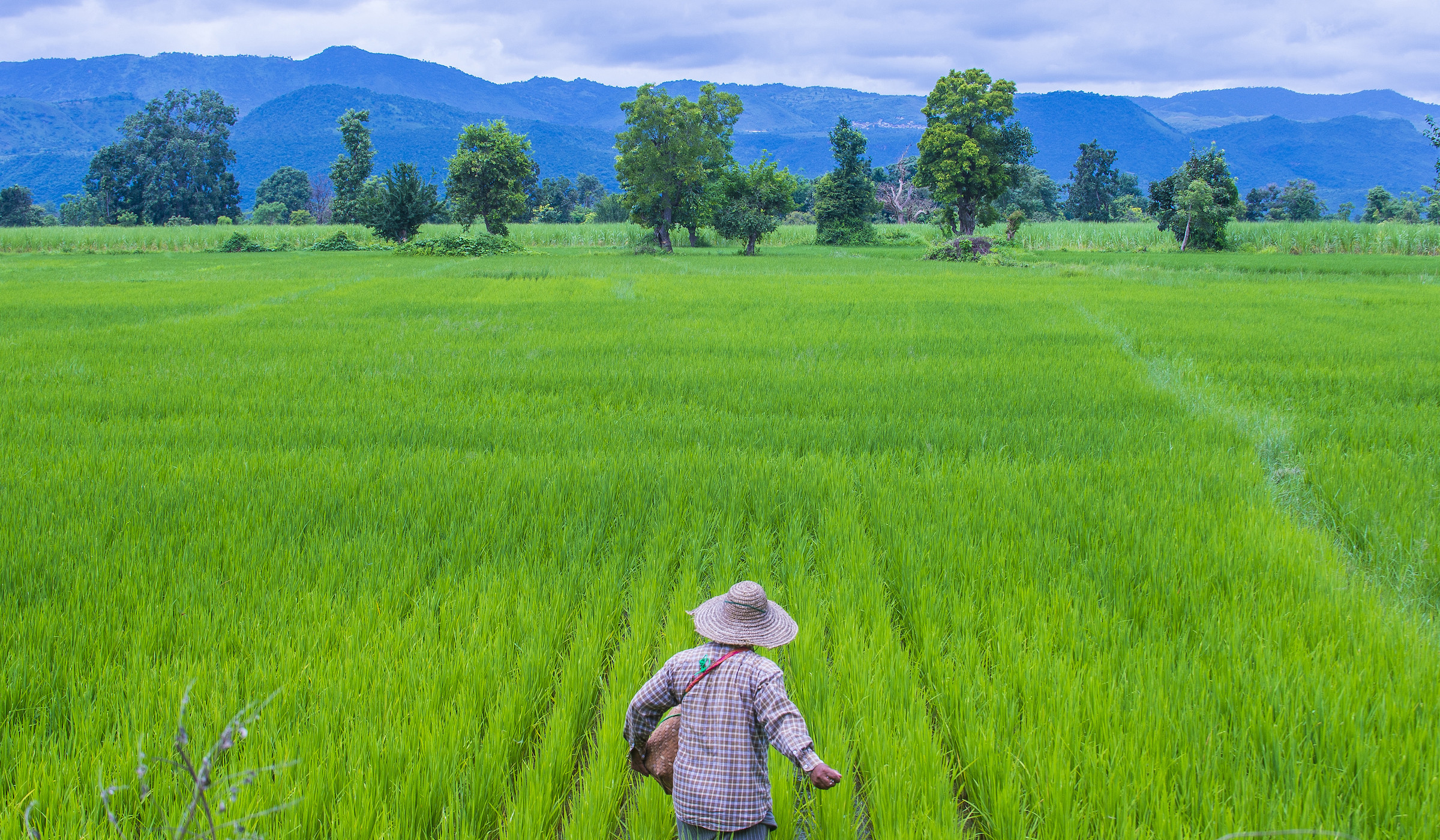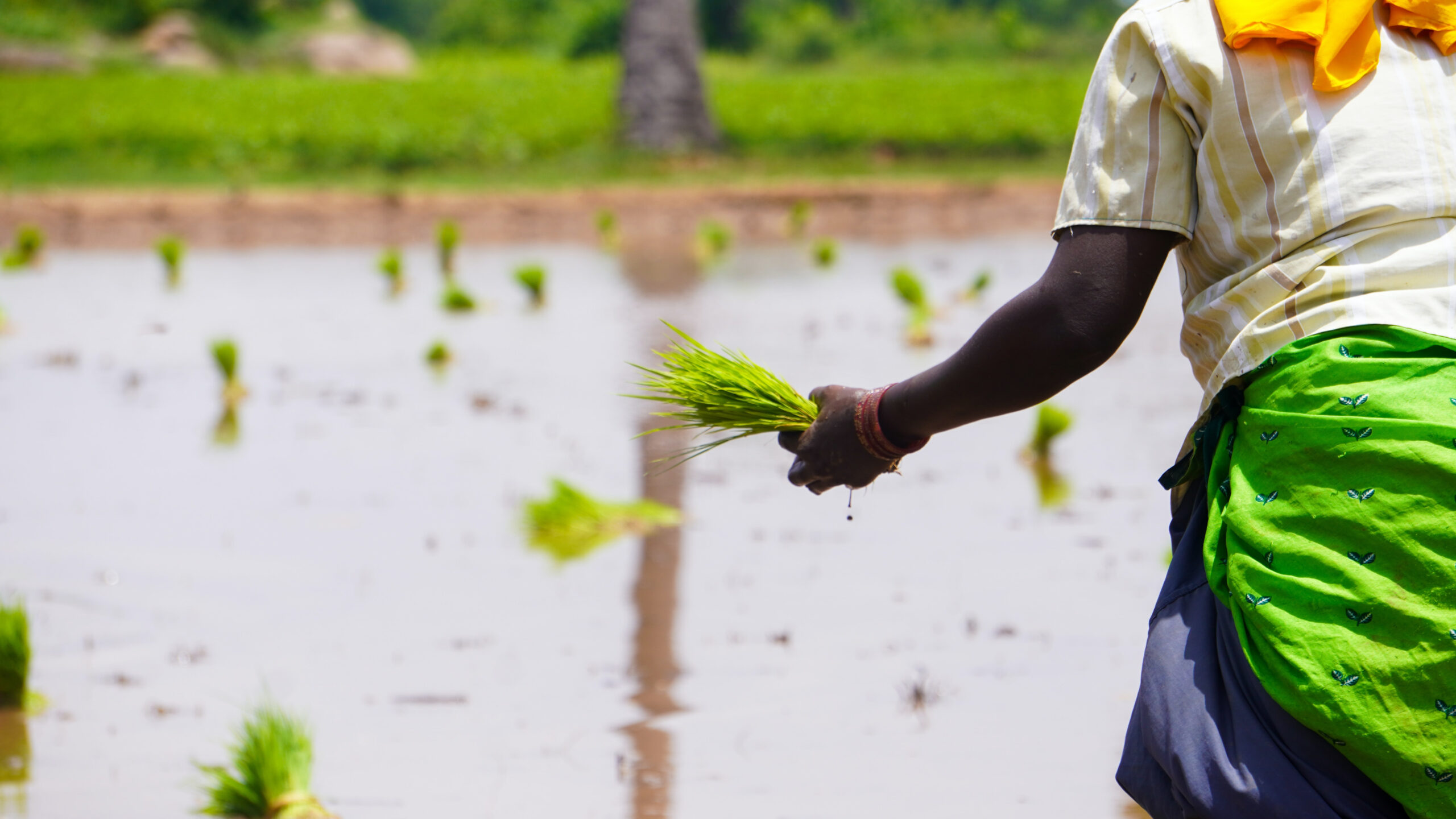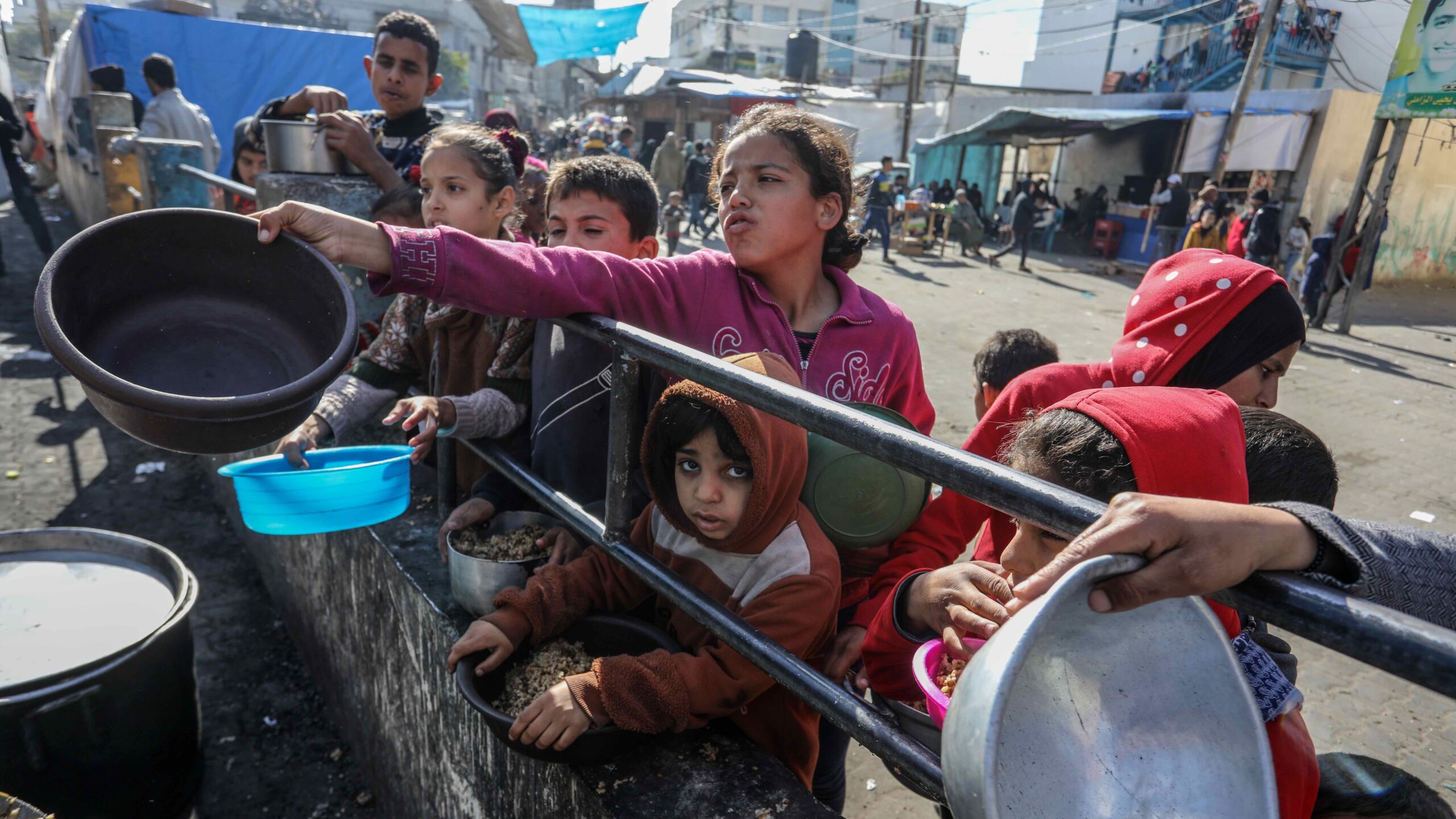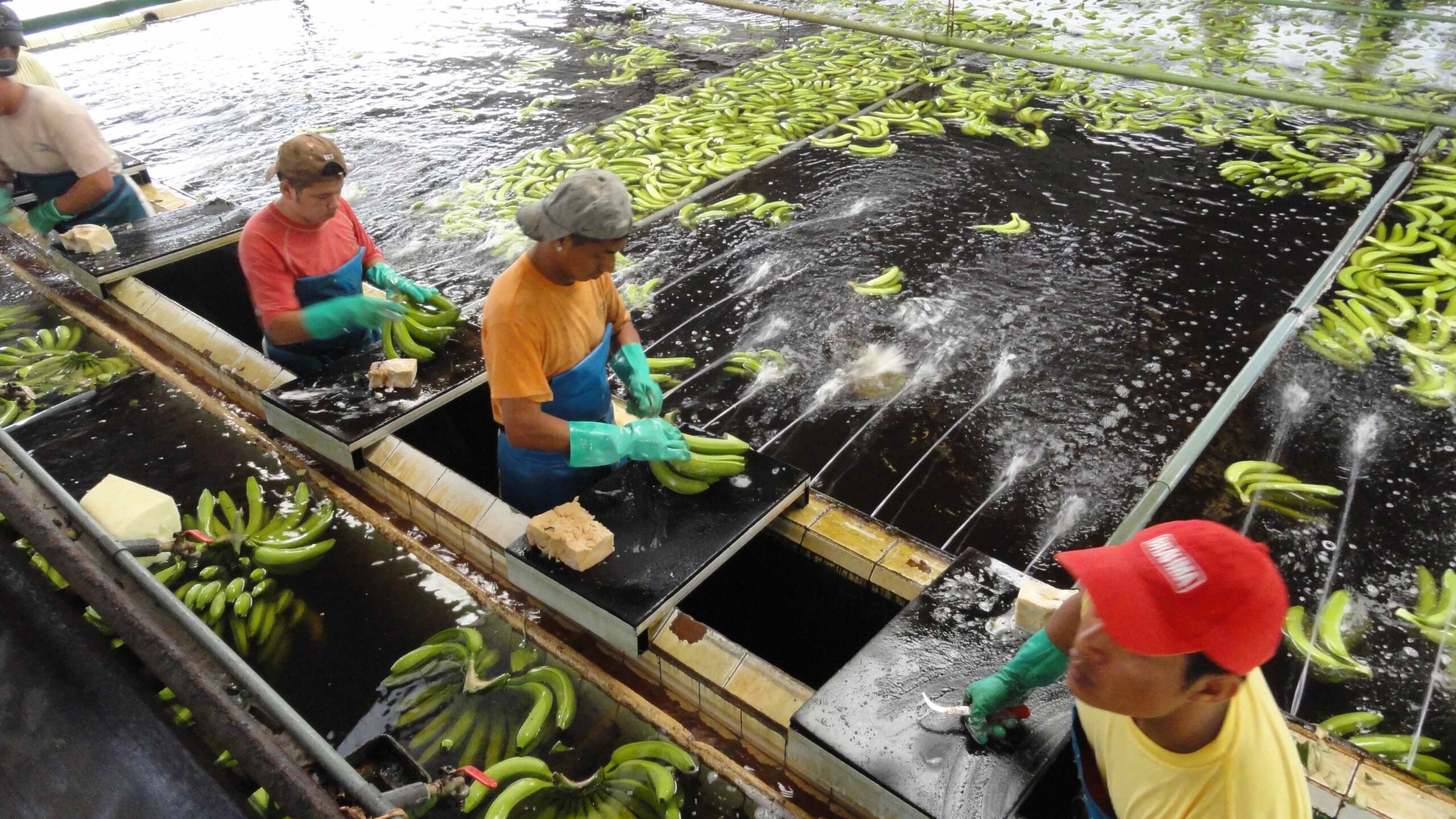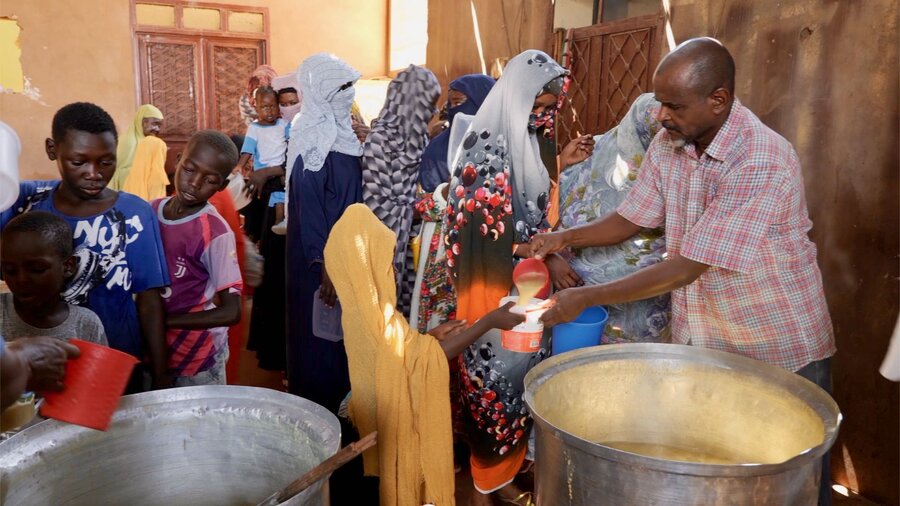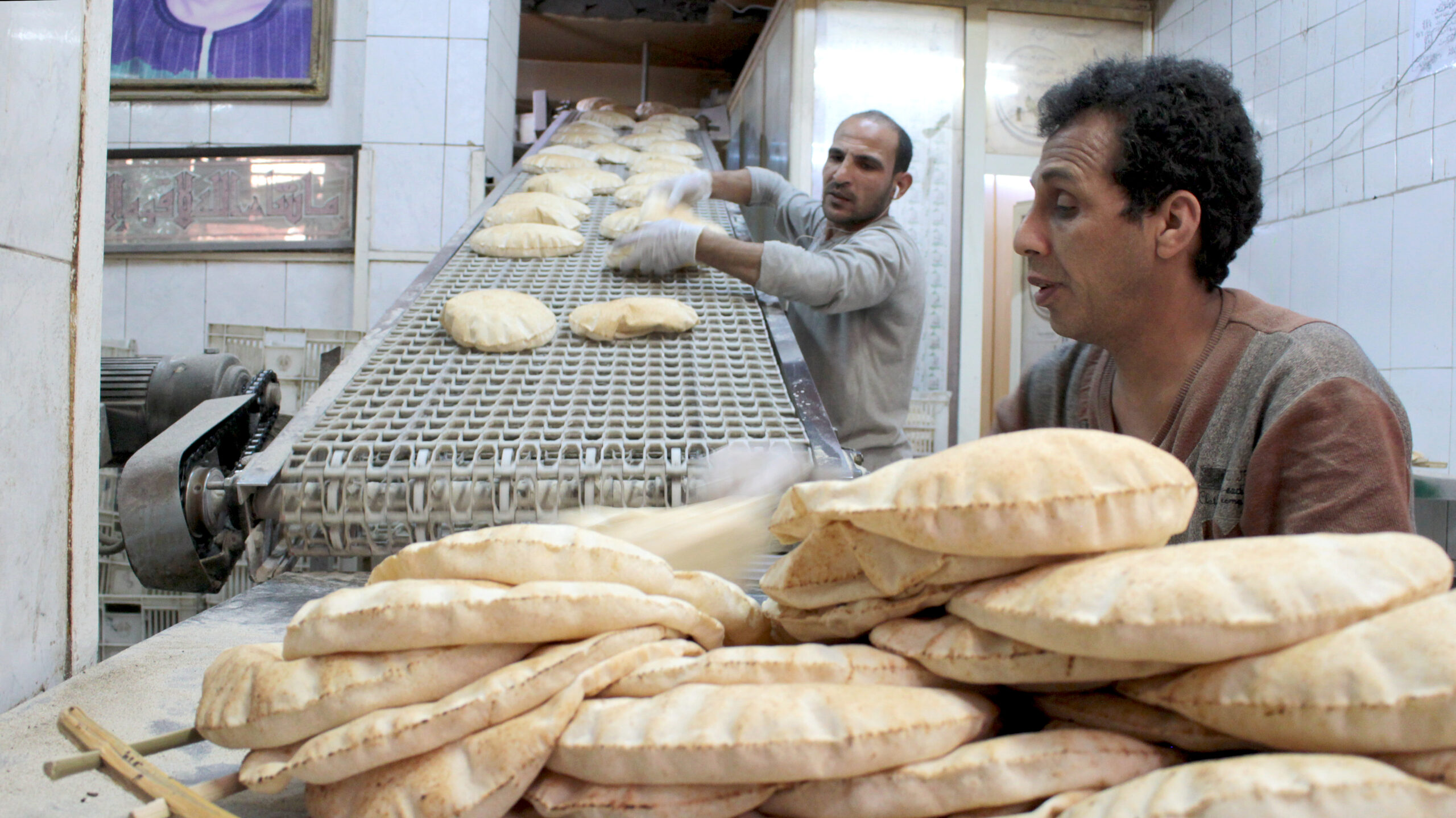Conflicts and other shocks have triggered rising food insecurity and malnutrition in many places around the world. This special blog series examines how these often-overlapping crises are impacting food systems at the global, national, and local levels. Contributors also evaluate policy responses to food system shocks, with a view to finding effective approaches that enhance the resilience of both national and global food systems. The series is co-edited by Joseph Glauber, IFPRI Senior Research Fellow, and Johan Swinnen, IFPRI Director General and Managing Director of CGIAR’s Systems Transformation Science Group.
This blog series was initiated in February 2022 when Russia’s invasion of Ukraine triggered trade disruptions and significant increases in international prices of energy, agricultural commodities, and fertilizer, which were already elevated due to the COVID-19 pandemic and related value chain disruptions. While those impacts are still being felt, this series has expanded to incorporate posts on new conflicts, such as those in Sudan and Gaza, as well as weather-related disturbances and other food system shocks.
Latest Blog
-
Resource-poor rice farmers in Myanmar suffer double impact from political conflict
Productivity erodes amid turmoil.
-
-
One year of war in Gaza: Food emergency continues with no end in sight
Problems of feeding more than 2 million people in a war zone.
-
The likely U.S. longshoreman strike and its implications for agricultural trade
Disruptions ahead for some developing countries exporting to the U.S.
-
Sudan’s catastrophe: Farmers could offer quick postwar recovery, if peace is found
Charting economic paths forward.
-
Higher wheat prices push Egypt to increase price of subsidized bread for first time since 1989
Navigating an economic crisis.




